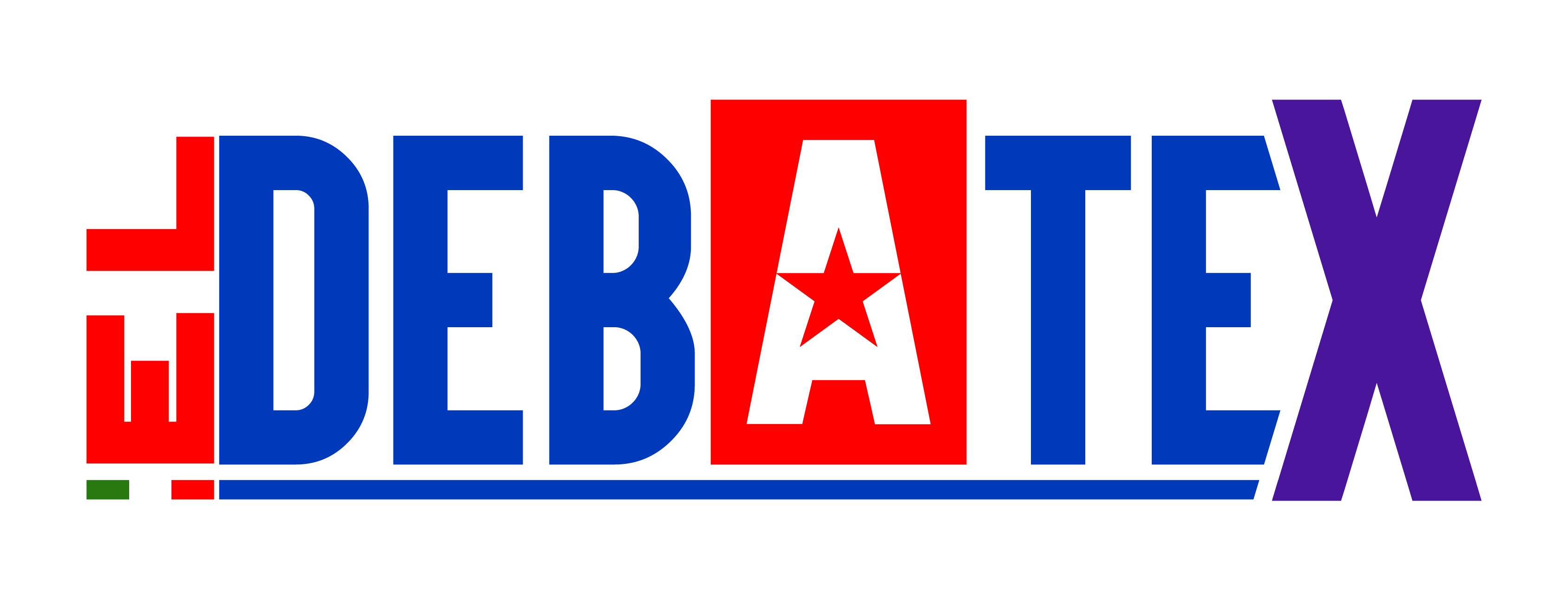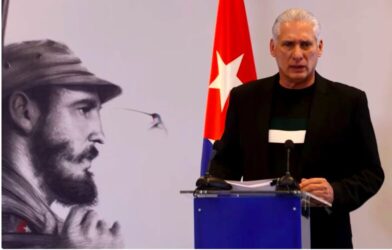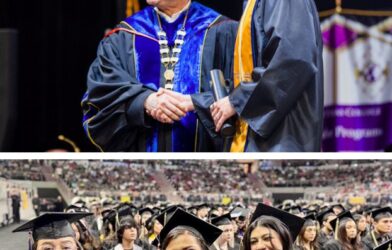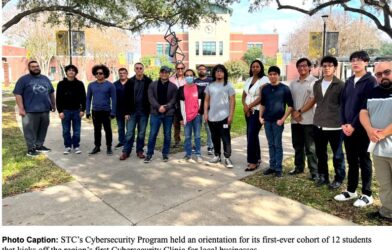IN SYNTHESIS

by Alfredo Cuéllar
I. Education as the Root of the Asian Miracle
I always say in my lectures and presentations that Mexico’s problems do have solutions, and I use South Korea, Singapore, Taiwan, and Finland as examples.
These nations were not born rich. By the mid-twentieth century, they were devastated countries or had few natural resources. Yet they shared one conviction: education would be their engine of development. While others invested in subsidies or welfare, they invested in teachers, science, technology, and institutional discipline.
Today, Singapore leads the OECD learning rankings, and South Korea allocates more than 4.5 percent of its GDP to research and development. Mexico, by contrast, invests barely 0.45 percent, and its education spending remains focused more on payroll than on innovation.
The 2025 Nobel Prize in Economics, awarded to Joel Mokyr (U.S.–Netherlands), Philippe Aghion (France), and Peter Howitt (Canada), sheds empirical light on what we already knew: countries that educate, compete, and take risks make progress; those that repeat old formulas stagnate.
II. “Creative Destruction” and Latin America’s Comfort Zone
Aghion and Howitt revived the Schumpeterian idea of creative destruction: each innovation destroys a previous way of producing but opens a new opportunity.
South Korea understood this when it transformed its textile industries into technology and semiconductors. Singapore applied it by evolving from a commercial port to the financial and digital laboratory of Southeast Asia.
In Mexico and much of Latin America, however, risk aversion prevails. The old entrepreneur, the untouchable union, and the rigid education system are protected. Innovation becomes suspect; change is feared. And when it arrives, it concentrates the benefits: the industrialized, digitalized north against a rural, impoverished, and forgotten south.
III. Innovating Without Educating: The Technological Mirage
The Nobel’s lesson is uncomfortable: innovation is not enough without education.
Mokyr reminds us that progress is not automatic but cultural. It depends on a society that tolerates change, respects knowledge, and encourages curiosity.
In Mexico, education remains detached from the productive economy. Technological universities lack real bridges with industry, and teachers—though deeply vocational—have few incentives for scientific renewal.
It is not enough to talk about industrial relocation or nearshoring: without an educational ecosystem that feeds creativity, we will merely become the maquiladoras of the 21st century.
IV. Competition and Justice: Two Sides of the Same Progress
The Nobel also delivers an ethical warning: creative destruction can breed inequality.
When there are no redistribution policies or retraining programs, the losers of change are condemned to exclusion. Therefore, innovation must be accompanied by social justice, not by rhetoric.
Singapore understood this tension. Alongside its educational transformation, it launched a massive housing program to guarantee affordable, decent homes without bureaucracy.
Its educational model trains not only engineers but citizens capable of adapting, relearning, and moving within the market. Over time, it built a culture that tolerates the uncertainty of change.
In Mexico—where every education reform turns into political warfare and ideological polarization—competition is feared and equality is demanded but not built.
V. The Micropolitics of Knowledge
From the perspective of Micropolitics, real power does not reside in laws or budgets but in the organizational culture that values knowledge and lives it daily.
A classroom where questions are punished, a government that mistrusts scientists, or a university that produces diplomas instead of critical thought—all are expressions of conservative power.
Mokyr, now a Nobel laureate, expressed it elegantly in A Culture of Growth:
“Prosperity is a collective decision to believe in change.”
That decision is, precisely, a micropolitical act: choosing between reproducing mediocrity or betting on collective intelligence as the engine of a nation.
VI. Conclusion: The Future Cannot Be Improvised
The 2025 Nobel does not speak to Sweden or Harvard; it speaks to Mexico, Latin America, Spain, and other nations that still confuse innovation with rhetoric and education with paperwork.
The message is clear: development does not emerge from subsidies or oil, but from classrooms that teach people to think, institutions that reward merit, and governments unafraid of competition.
If Singapore achieved it without natural resources, and South Korea without colonies, Mexico has no excuse—except its unwillingness to believe in its own talent.
Dr. Alfredo Cuéllar: Academic, international consultant, and founder of the discipline of Micropolitics. First Mexican to teach at Harvard University’s Graduate School of Education.
He writes regularly in DEBATEX about power, education, and the ethical tensions of the digital age.












